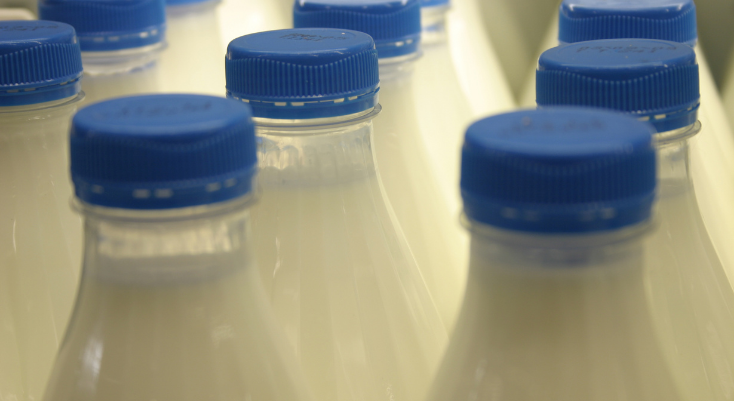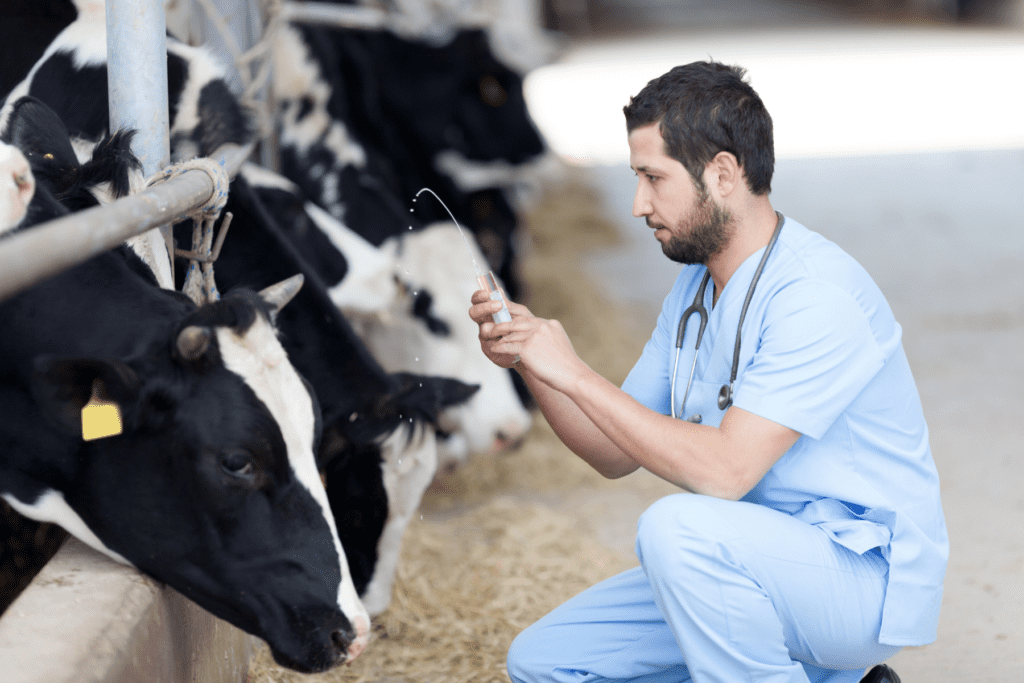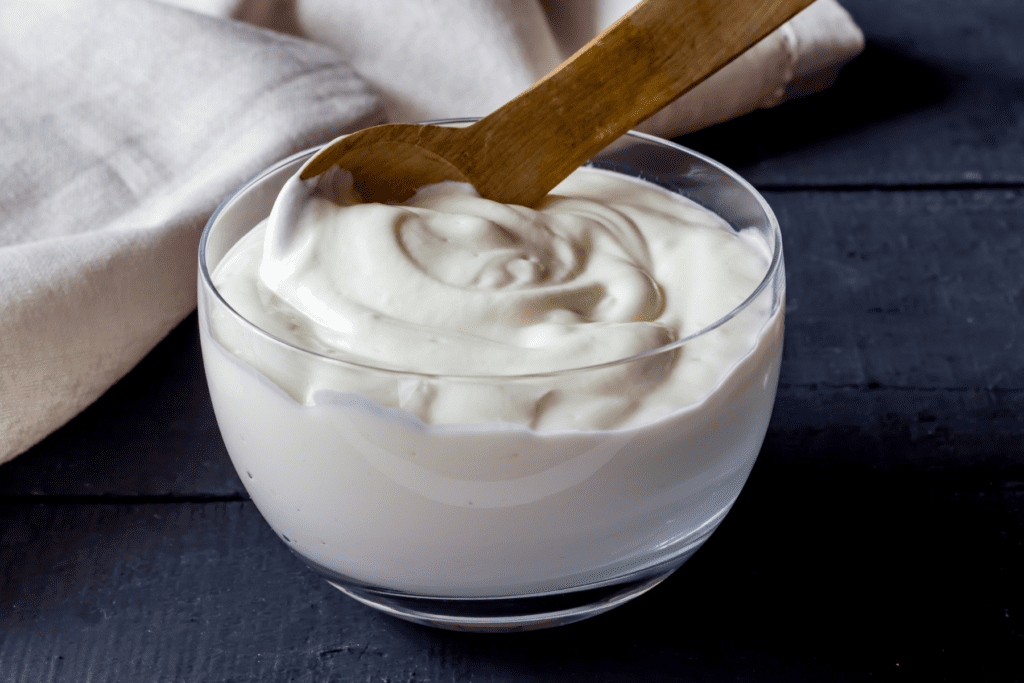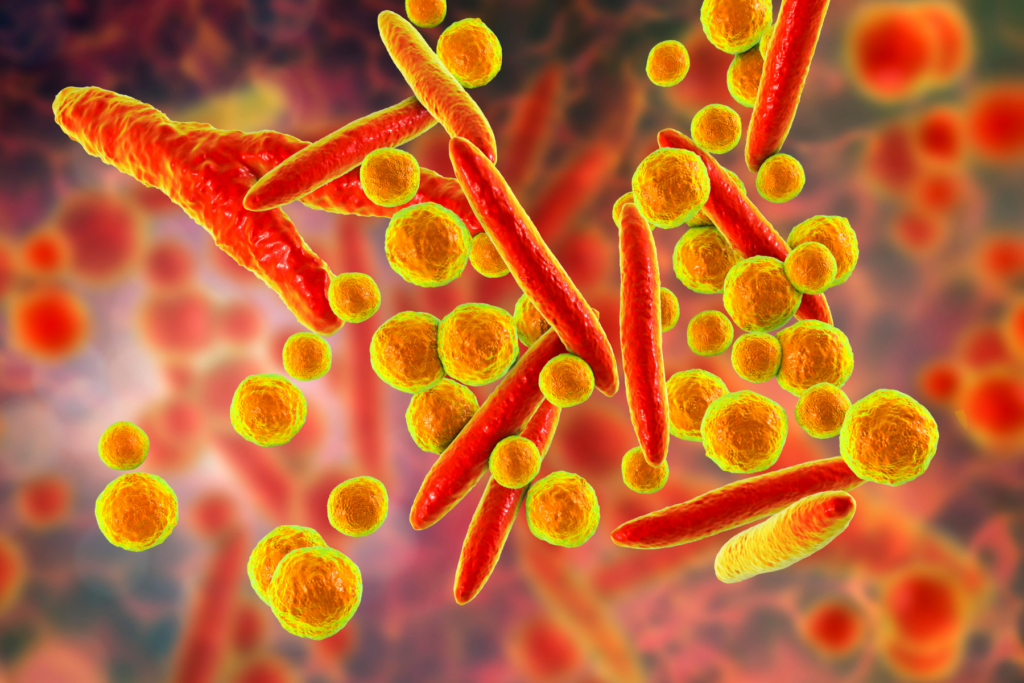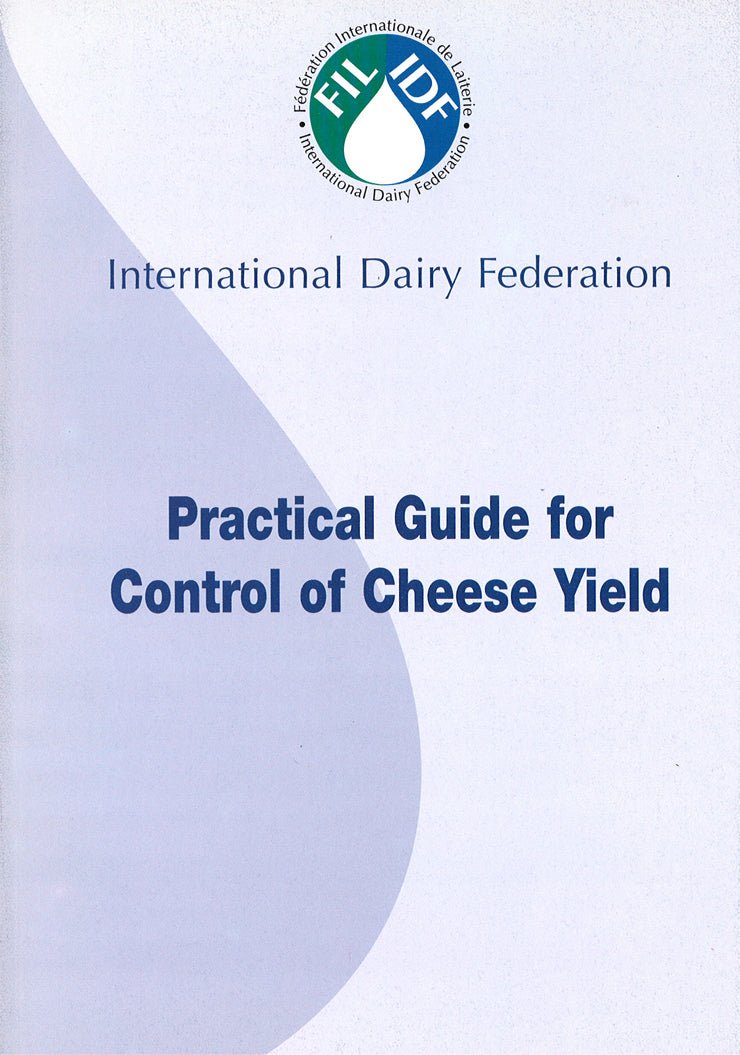Feeding lactating dairy cows with alfalfa silage, which contains a high amount of potassium, resulted in increased milk yield in high producing cows, according to studies conducted by Professor Shinichi Kume of Kyoto University’s Graduate School of Agriculture, Japan.
He will share his findings at a conference on the environment during the IDF World Dairy Summit 2018 in Daejeon, South Korea, on 17 October.
“Alfalfa is suitable roughage for high producing cows because of the high protein content and high passage rate through the gut during early lactation,” explained Professor Kume.
Professor Kume also found that urine volume was greatly increased in line with higher potassium and nitrogen intake, particularly in lactating cows. His studies also revealed that feeding corn silage to periparturient cows may be useful in preventing milk fever while increasing energy. Professor Kume said corn silage, which contains low amounts of potassium, can lead to a decrease in urinary potassium and nitrogen, thereby reducing environmental impact and global warming.
From his assessments, Professor Kume has concluded that feeding corn silage plus alfalfa silage may derive maximal benefit for dairy farmers while reducing the loss of potassium and nitrogen to the environment.
“An alfalfa plus corn silage diet can improve the mineral status of periparturient cows because of the increased dry matter intake and decreased dietary potassium contents,” said Professor Kume.
This mixed diet, he says, can contribute to an effective ecological livestock management system.





